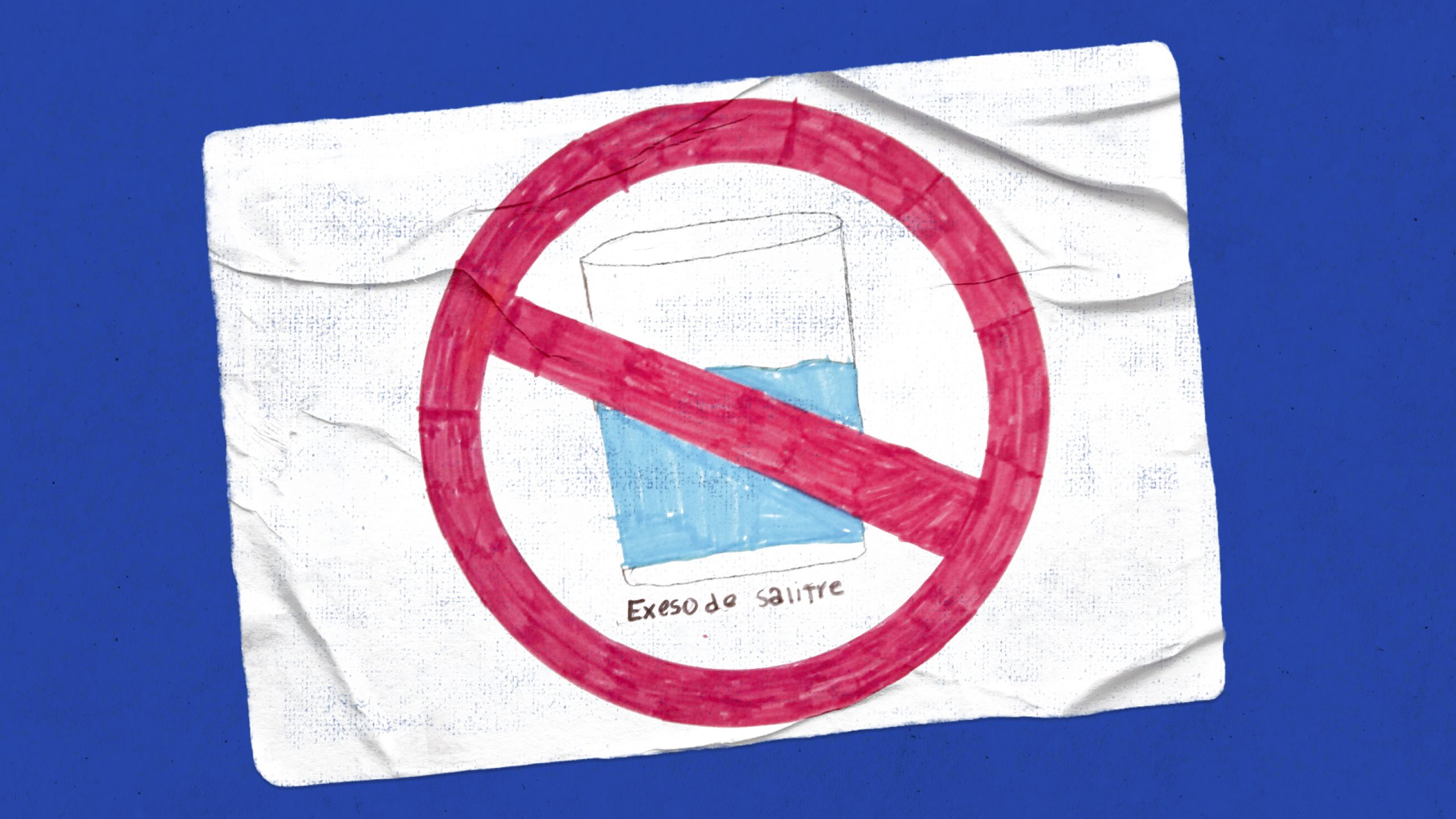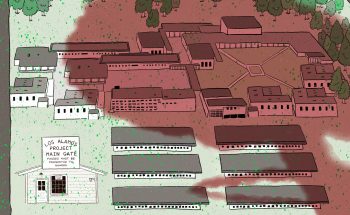
Salado: The Drinking Water Crisis in Uruguay
Share:
Salt water and a history-making drought.
For three months, the tap water in Montevideo and the neighbouring departments had such high levels of sodium and chlorine that the authorities raised the permitted maximums of these chemicals in drinking water. Amid an exceptional drought, the most intense in Uruguay in over 40 years, the main freshwater reservoir dried up, and more water from the Río de la Plata, which is salty, was used. The crisis revealed an infrastructure problem of historic proportions in the country. To understand how it impacted the daily lives of Uruguayans, we visited a school in Salinas, a small town 40 kilometres from the capital. The children told us about their experiences during the drought and what they have learned about water. Later, biologist Luis Aubriot, a specialist in freshwater ecosystems, explained the current scenario and future alternatives.
This episode was originally published in El hilo, a podcast produced by Radio Ambulante Studios, which contextualizes the most relevant news events in Latin America every Friday.
Find the English translation of “Salado: The Drinking Water Crisis in Uruguay” here. Or check out the Spanish transcript here.
LISTEN & FOLLOW: NPR App | Spotify | Apple Podcasts | Google Podcasts
► Join Deambulantes. Our membership program help us continue covering Latin America.
► Subscribe to our newsletter. It’s our favorite place to stay in touch with our community. Get an email every Tuesday with the newest Radio Ambulante episode and one every Friday with 5 recommendations from our team.





